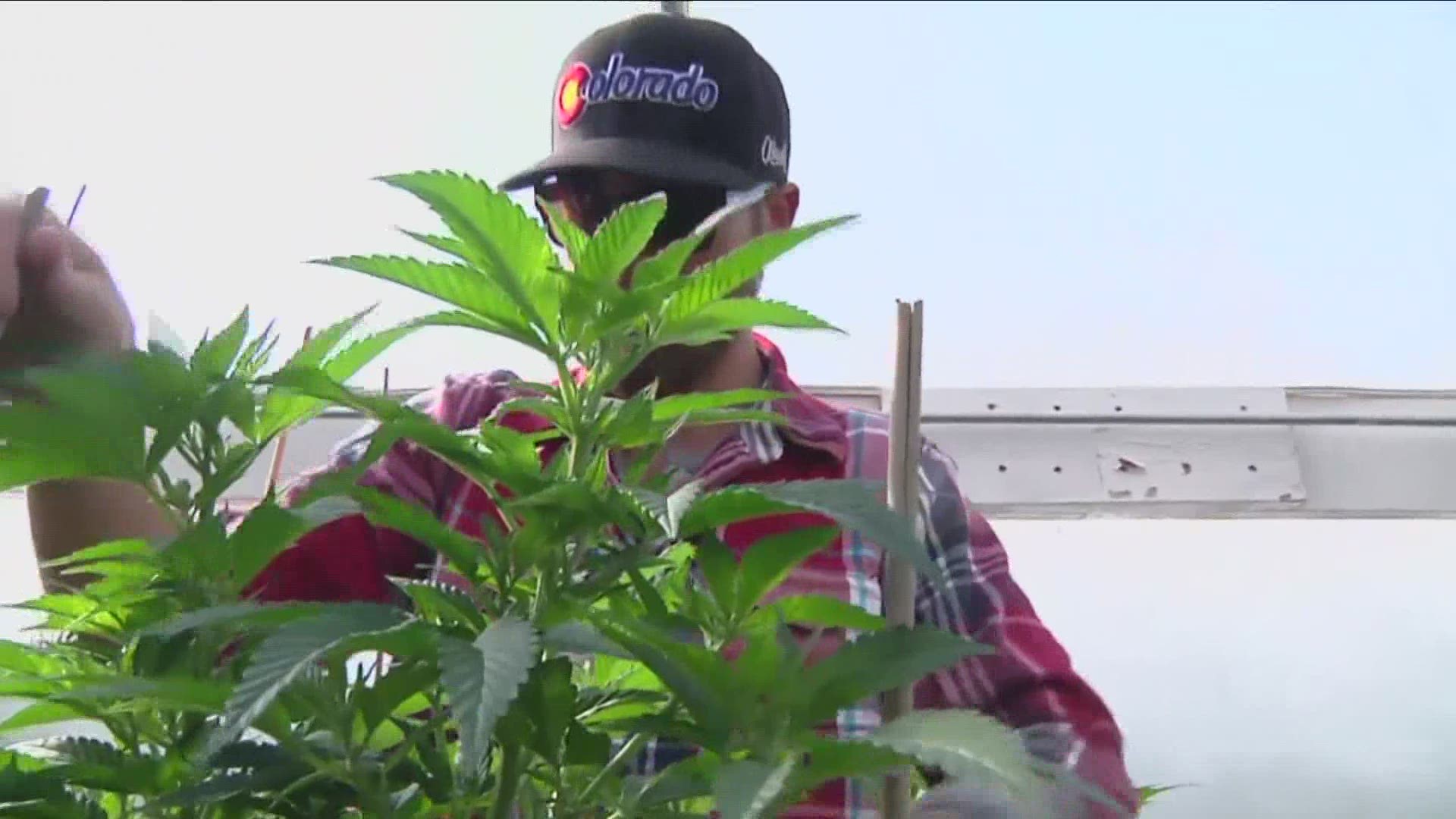NIAGARA FALLS, N.Y. — After years of talk and failed attempts, there doesn't appear to be anything now to slow down a deal in Albany to legalize recreational use of marijuana.
"I'm actually pleased with what I've seen in the bill so far," said Erie County District Attorney John Flynn.
He has been deeply concerned about the impacts legalization could have on our roadways and drivers under the influence. There has been concern from many members of law enforcement about legalization of marijuana and what that would mean.
"From a driving standpoint, which was my concern all along, apparently driving while under the influence of marijuana is still a misdemeanor, so that is good," Flynn said.
The deal, agreed to in Albany, creates a licensing system for producers, distributors and retail stores.
A newly created Office of Cannabis Management would enforce marijuana regulations.
Adults would be able to legally possess up to three ounces of marijuana outside their home.
As for home grow, recreational users would have to wait until 18 months after the first dispensary opens. Home growing of medical marijuana would be allowed.
And there would be major tax implications: a 9 percent state tax and a 4 percent local tax, which would be shared by counties and municipalities.
"We will in the City of Buffalo work with the members of the legislature, work with the members of the community, make sure that the money gets to low income communities," Buffalo Mayor Byron Brown said.
Tax revenue would go to education, community grants, and to drug treatment.
"It could be a combination of infrastructure, community program, universal basic income potentially," Brown said.
In the past, the governor opposed both medical marijuana and recreational marijuana, but he has evolved on legalization, now saying with regard to recreational marijuana, "Legalizing adult-use cannabis isn't just about creating a new market that will provide jobs and benefit the economy, it's also about justice for long-marginalized communities,” Cuomo said in a statement.
The state health department issued a report that said the benefits of recreational marijuana outweigh the risks.
The bill is written to take effect immediately, but there parts that would start soon, and other parts that will take many months.
Here's the timeline ahead: low-level marijuana convictions will soon be expunged. Cities and towns can opt-out of allowing retail stores in their neighborhoods by the end of the year. Assembly Majority Leader Crystal Peoples-Stokes says it's anticipated that the state's marijuana market won't be ready until 2023.
The state projects to generate millions of dollars in revenue from recreational marijuana and create thousands of jobs.
And, here's something to remember, marijuana is still illegal on federal property, such as at border crossings. Medical marijuana is also prohibited federally.

